Oh, the captivating world of felines! Cats are known to be mysterious and enigmatic and often leave us puzzled with their curious antics. One perplexing behavior is when a mother cat, who would generally care for her kittens with pure devotion, suddenly and seemingly inexplicably rejects them.
As cat lovers, such acts break our hearts, leaving us wondering Why cats reject their kittens. Dive in with me, and let’s unravel this feline mystery together!
Why Do Cats Reject Their Kittens?
First and foremost, remember that domestic cats are descendants of wild animals. In the wild, the stakes are high; it’s a game of survival. If a mother cat senses that a kitten is sick or has a congenital disorder, she might reject or abandon it.
This instinctual act is hard-wired into the mother cat’s DNA to ensure the survival of the fittest. By focusing her energies on the healthier kittens, she’s increasing the chances of her lineage surviving.
A Youthful Inexperience
Like first-time human moms, first-time cat moms can be clueless. Some young cats, having kittens for the first time, may not fully recognize the maternal role they should play.
The inexperience might lead them to neglect or reject their babies simply because they don’t know better. With time and perhaps subsequent litter, these young mothers may learn the ropes and become more attentive.
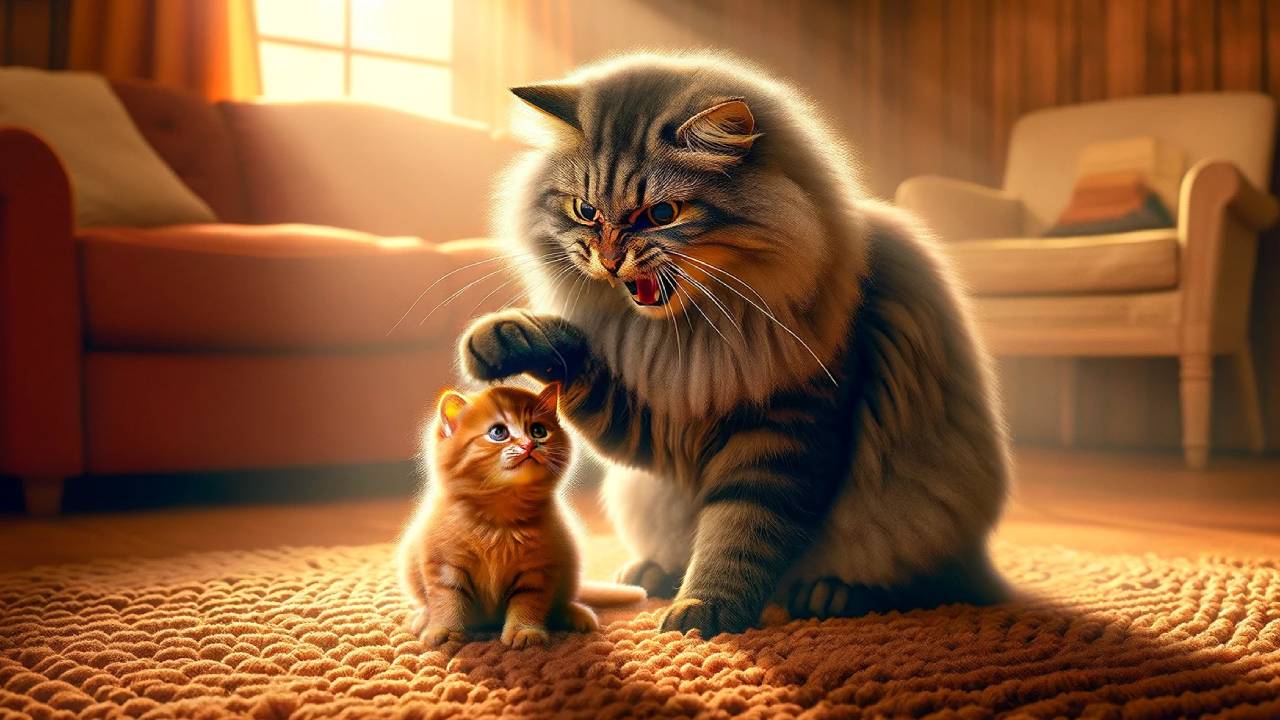
Stress: Not Just a Human Problem
Like us, cats are prone to stress, and boy, can it affect them! A change in environment, the presence of many people, other pets causing disturbances, or simply a noisy setting can stress out a new mother cat.
To find a safer and quieter place, the mother might move some kittens and leave others behind. It’s not intentional neglect; she’s merely overwhelmed.
Too Large a Brood?
Mother Nature is unpredictable. Sometimes, a cat might give birth to more kittens than she can handle.
Given her limited resources (like milk), she might make the hard choice of focusing on just a few kittens, ensuring they get enough nutrients, rather than spreading herself too thin and potentially failing to nourish any of them adequately.
Health Concerns and Hormonal Imbalances
On rare occasions, health problems in the mother cat, such as mastitis (an infection of the mammary glands), can make nursing painful. When kittens approach her to feed, she might associate them with pain and reject them.
Additionally, like human mothers who can experience postpartum depression, cats can face hormonal imbalances that might interfere with their maternal instincts.
Human Interference: Sometimes, We’re the Culprits
We love kittens – their tiny paws, soft fur, and adorable mewls!
However, excessive handling of the newborns, especially in the first few days, can interfere with the bonding process. The scent of humans on the kittens can confuse the mother, leading her to reject them.
Keeping our affection at bay for the first few crucial days is always best, allowing the mother-kitten bond to solidify.
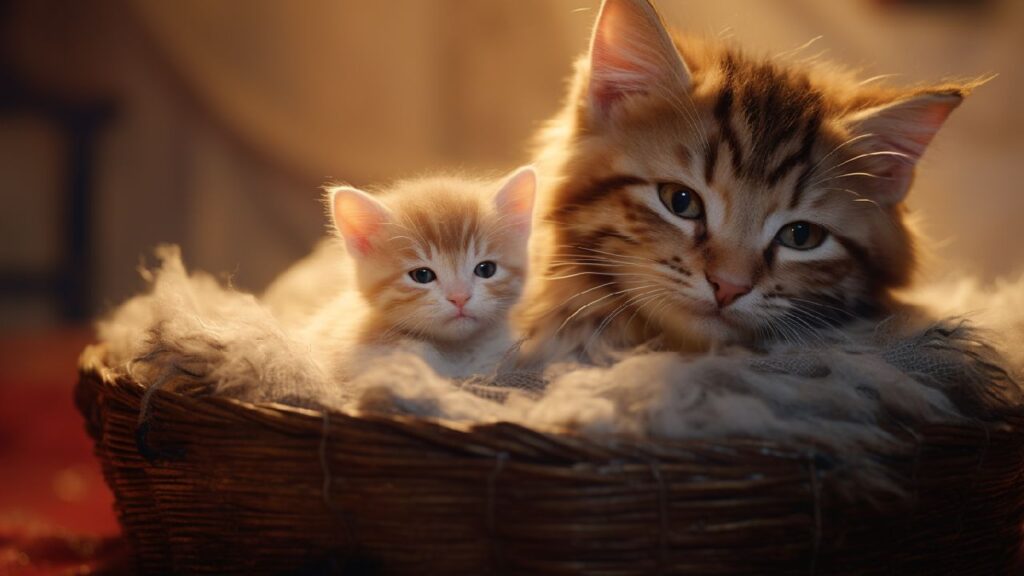
What Can We Do If Mama Cat Rejects Her Kittens?
Seeing rejected kittens can tug at our heartstrings, but it’s essential not to panic. Here are some steps you can take:
- Create a Safe Environment: Ensure the mother cat has a quiet, stress-free environment. A secluded spot where she and her kittens can bond without disturbance can make a world of difference.
- Limited Handling: As mentioned, try to handle the kittens sparingly in the initial days.
- Consult a Vet: If the mother continues to reject her kittens, there might be underlying health issues. Always consult with a veterinarian.
- Step In If Needed: You might need to care for the kittens if all else fails. This includes bottle-feeding them with a kitten formula and keeping them warm.
Remember, kittens are fragile, so seek guidance if you’re unsure!
Conclusion
While it’s tough to witness a mother cat rejecting her kittens, understanding that it stems from instinct, stress, or health issues rather than malice can help us empathize.
By ensuring a serene environment and being supportive caregivers, we can bridge the gap, ensuring the well-being of both mothers and kittens. Remember, cats, like all creatures, follow nature’s cues, even if those cues sometimes leave us scratching our heads in bewilderment.

FAQs
Can rejected kittens be reintroduced to the mother?
Reintroducing it after a short break, especially in a calm environment, can help. Ensure the kittens are warm before reintroducing them, as cold kittens might be rejected again.
How long can a kitten survive without its mother’s milk?
Kittens are most vulnerable in the first few days. They need to feed every 2-3 hours. They’ll require immediate intervention, like bottle-feeding, to survive if rejected.
Can other cats adopt and care for rejected kittens?
Yes, some cats, especially those recently given birth or with a strong maternal instinct, might adopt and nurse orphaned or rejected kittens.
How do I know if a kitten is truly rejected and not just momentarily left alone?
A true rejection often involves consistent neglect, like not feeding, keeping them away, or even showing signs of aggression towards the kittens.
Are certain breeds more likely to reject their kittens?
Rejection concerns individual circumstances and the cat’s health or environment rather than specific breeds. All breeds can exhibit this behavior under certain conditions.
How can I support a cat who seems overwhelmed by motherhood?
Offering a quiet, comfortable space, feeding her nutrient-rich food, and occasionally helping with cleaning the kittens can relieve an overwhelmed mother cat.
Is it okay to use cow’s milk for rejected kittens?
Cow milk isn’t suitable for kittens as it can cause digestive issues. If a mother cat’s milk is unavailable, using specially formulated kitten replacers is best.


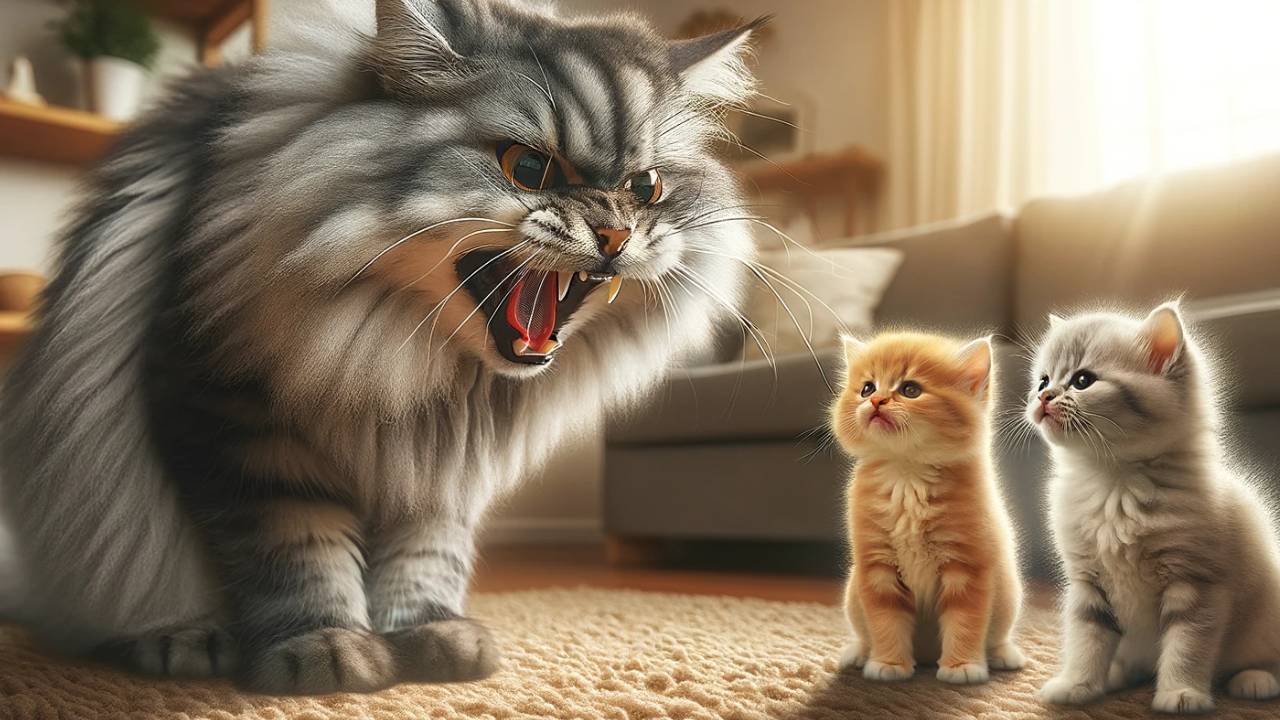

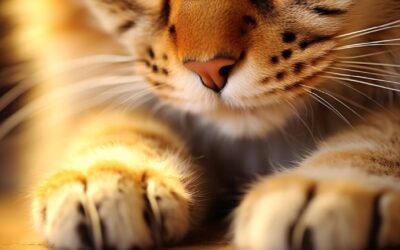
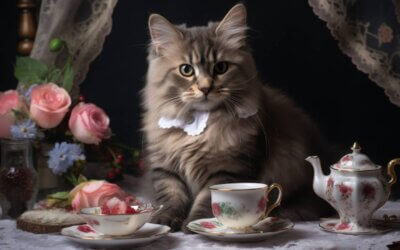
My cat had kittens recently, and I was worried when she seemed distant. Turns out it’s normal! Motherhood is complicated, even for cats